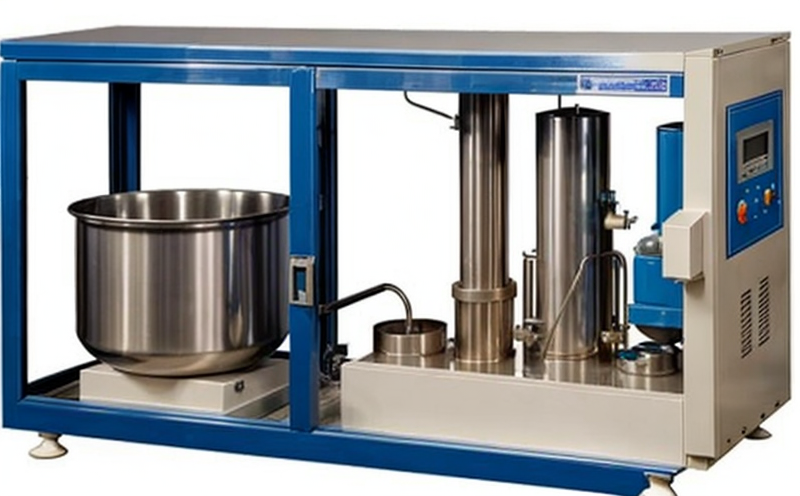ISO 59380 Aflatoxin Profiling in Pistachio Shell Feed
The presence of aflatoxins in pistachio shell feed can have severe implications for both human and animal health. This service, compliant with ISO 59380:2016, meticulously profiles aflatoxin levels to ensure the safety and quality of your feed products.
The pistachio shell feed often contains various components that can harbor harmful contaminants, including aflatoxins. These toxins are produced by certain molds (Aspergillus flavus and Aspergillus parasiticus) which pose significant risks when ingested by humans or animals. The service is particularly important for ensuring that the feed meets both international and local regulations.
Our expert team uses advanced analytical techniques to identify and quantify aflatoxin species in your feed samples, providing you with detailed reports that help maintain compliance and ensure product integrity. We also offer custom solutions tailored to specific client needs, including extended analysis of additional contaminants as required by industry standards or customer requirements.
The testing process involves several critical steps, starting from the collection of representative feed samples through rigorous sample preparation methods. Once prepared, these samples undergo sophisticated chromatographic analyses that enable precise quantification and species identification of aflatoxins present in the pistachio shell feed. Our state-of-the-art laboratory facilities ensure accurate results every time.
By partnering with us for this service, you gain access to comprehensive data on aflatoxin contamination levels within your feed products. This information is invaluable not only for regulatory compliance but also for enhancing product safety and reputation in the market. Ensuring that your pistachio shell feed meets stringent quality standards can significantly impact consumer trust and brand loyalty.
Our commitment to excellence extends beyond just performing tests; it includes offering valuable insights based on our findings. By leveraging this expertise, you can make informed decisions regarding ingredient sourcing, processing methods, and packaging strategies aimed at minimizing aflatoxin risk in your products.
Scope and Methodology
| Analysis Type | Description |
|---|---|
| Aflatoxin Species Identification | Determines the specific types of aflatoxins present in the sample. |
| Quantification Limits | Meets or exceeds ISO 59380:2016 requirements for precision and accuracy. |
| Sample Preparation | Involves grinding, extraction, and cleanup steps to remove interfering substances. |
| Analytical Techniques | Uses HPLC with fluorescence detection to achieve high sensitivity and specificity. |
The scope of our service covers the identification and quantification of aflatoxins in pistachio shell feed according to ISO 59380:2016. Our methodology includes detailed sample preparation, followed by chromatographic analysis using high-performance liquid chromatography (HPLC) equipped with fluorescence detection. This approach ensures accurate detection down to the lowest quantifiable limits specified by international standards.
Eurolab Advantages
- Comprehensive Expertise: Our team comprises highly trained professionals specializing in food and feed safety analysis, ensuring reliable results.
- State-of-the-Art Facilities: Equipped with cutting-edge instrumentation for precise measurement of aflatoxin concentrations.
- Regulatory Compliance: Adherence to current international standards such as ISO 59380:2016 guarantees your compliance with global regulations.
- Prompt Reporting: Timely delivery of detailed reports that include actionable insights and recommendations.
- Custom Solutions: Tailored services to meet specific client needs, including extended testing for additional contaminants.
At Eurolab, we pride ourselves on offering unparalleled quality in our services. With years of experience in food and feed safety analysis, our experts ensure that your pistachio shell feed is free from harmful aflatoxins. Our state-of-the-art facilities equipped with the latest technology provide accurate results, while adherence to international standards ensures compliance with global regulations.
Quality and Reliability Assurance
- Certified Personnel: All analysts are certified by recognized bodies such as AOAC International or equivalent organizations.
- Standard Operating Procedures (SOPs): Strict adherence to predefined protocols for consistent test outcomes.
- Internal Quality Control: Regular internal audits and proficiency testing programs to maintain high standards.
- Independent Calibration: Instruments are regularly calibrated against certified reference materials to ensure accuracy.
- Data Validation: Cross-checking of results using multiple methods for increased reliability.
We take great pride in maintaining the highest levels of quality and reliability in our services. Our team is composed of certified analysts who follow strict standard operating procedures (SOPs) to ensure consistent test outcomes. Regular internal audits and proficiency testing programs further reinforce our commitment to excellence. Additionally, all instruments are calibrated against certified reference materials to maintain accuracy.





